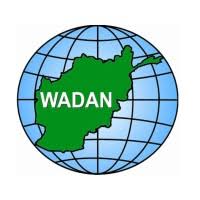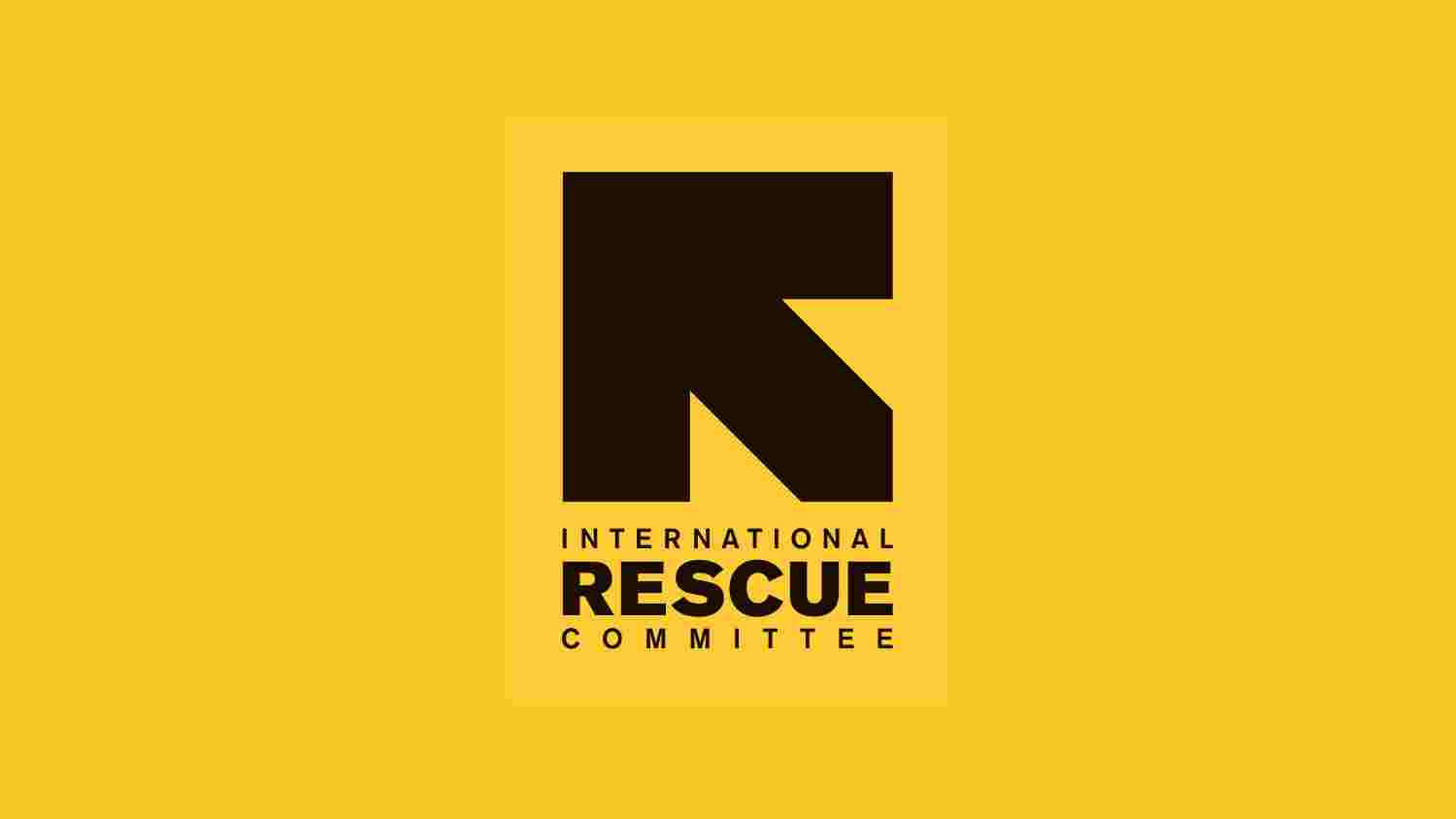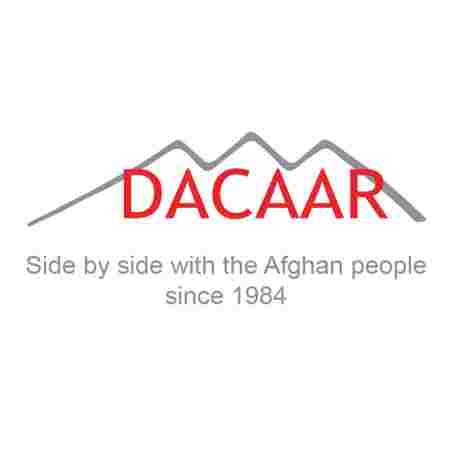PIN Afghanistan is seeking an experienced Livelihoods Technical Officer to support the implementation of a DG INTPA-funded humanitarian livelihoods and resilience project in Ghazni and Zabul provinces. Livelihoods Technical Officer to Organize and lead small business development activities, including entrepreneurship training, business planning, and mentorship for micro and small enterprises, support vocational skills training initiatives and facilitate job placement or internship opportunities for youth and vulnerable groups. S/he will be responsible for implementation of climate-resilient agriculture, market linkages, and livelihoods improvement interventions—ensuring alignment with project objectives and donor requirements across the full project management cycle. S/he will implement project in line with Core Humanitarian Standards and PIN policies and procedures. The selected Livelihoods Technical Officer will have strong technical understanding of humanitarian agriculture programming, and proven experience successfully delivering agricultural and SLG support projects in shock prone areas where access is sometimes a challenge.
Purpose of the Role:
PIN Afghanistan is seeking experienced Livelihoods Technical Officers to support the implementation of a DG INTPA-funded humanitarian livelihoods and resilience project in Ghazni and Zabul provinces.
The Livelihoods Technical Officers will play a key role in ensuring that project activities are delivered on time, within budget, and in accordance with quality standards. They will be responsible for supporting the implementation of climate-resilient agriculture, market linkages, and livelihoods improvement interventions—ensuring alignment with project objectives and donor requirements across the full project management cycle.
The Livelihoods Technical Officers will also be expected to proactively manage risks, address implementation challenges, and help maintain the project’s trajectory toward delivering timely, respectful, and needs-based assistance to vulnerable communities. In addition, they will ensure that all interventions are implemented in line with Core Humanitarian Standards, and PIN’s internal policies and operational procedures.
Main Responsibilities:
The Livelihoods Technical Officers are responsible for, but not limited to, the following areas of work:
- Participate in needs assessments, market assessments, and beneficiary targeting during the rollout phase to ensure relevant and inclusive programming.
- Collaborate with the Livelihoods Specialist to draft technical inputs for proposals, work plans, Bills of Quantities (BoQs), and Standard Operating Procedures (SoPs).
- Organize and lead small business development activities, including entrepreneurship training, business planning, and mentorship for micro and small enterprises.
- Support vocational skills training initiatives and facilitate job placement or internship opportunities for youth and vulnerable groups.
- Oversee the implementation of livelihoods interventions (both agricultural and non-agricultural) to ensure quality, relevance, and timely delivery.
- Conduct regular field visits to monitor progress, provide technical backstopping to Field Officers, and ensure alignment with program objectives.
- Facilitate linkages and networking opportunities among farmers, traders, suppliers, cooperatives, and local service providers to strengthen market access.
- Support the distribution and follow-up of in-kind grants, start-up kits, and cash-for-work activities.
- Participate in post-activity evaluations, contribute to lessons learned and success stories documentation, and recommend improvements for future programming.
- Coordinate closely with MEAL (Monitoring, Evaluation, Accountability, and Learning) staff to ensure accurate data collection, analysis, and the integration of community feedback.
- Contribute to gender-sensitive and inclusive livelihoods approaches that address the specific needs of women, youth, and persons with disabilities.
- Representation of PIN at the community level and with local authorities in Ghazni and Zabul provinces.




